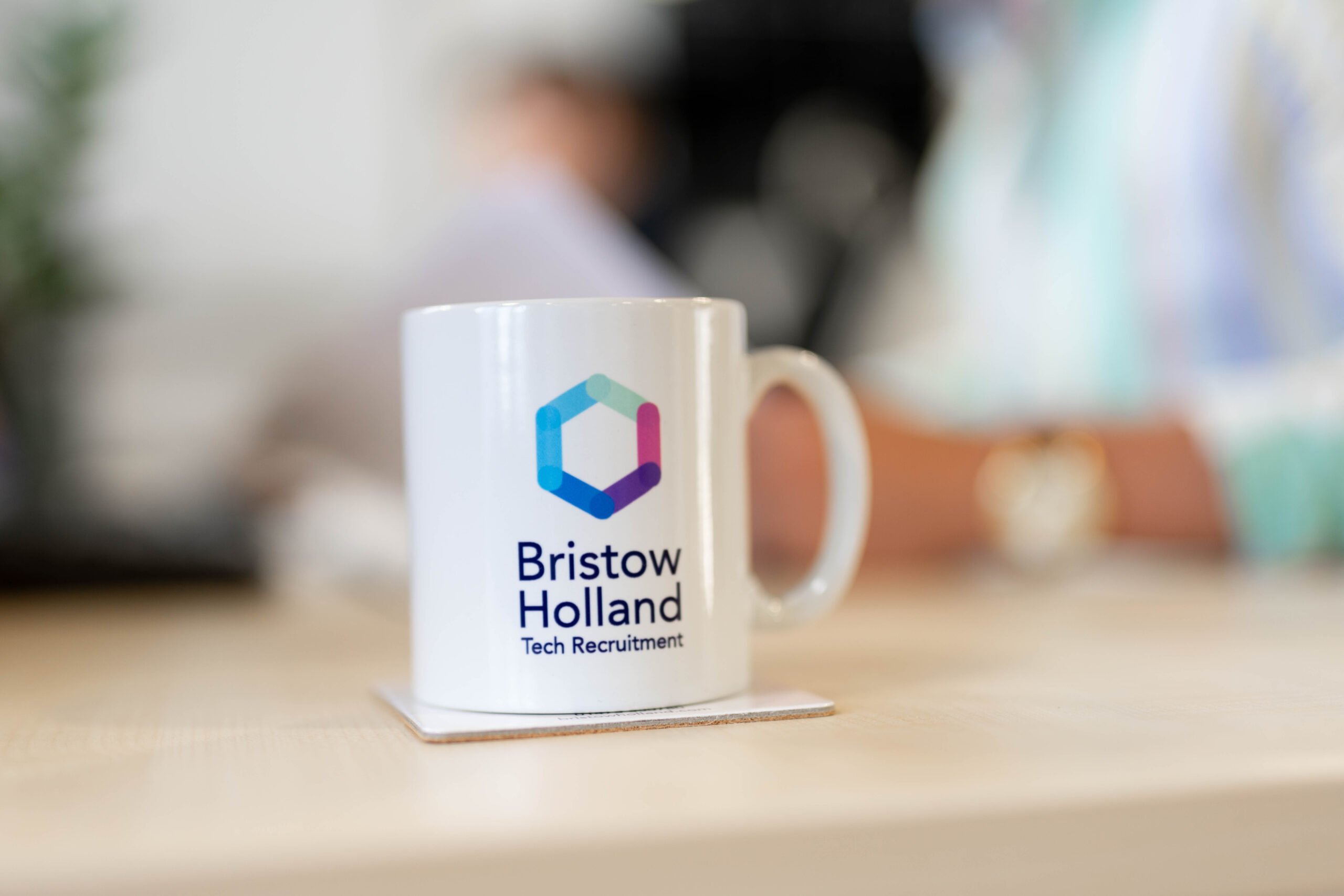Research takes more than a Google search
In the not so distant past I attended an important client briefing, fully armed with performance stats, service levels and...
In the not so distant past I attended an important client briefing, fully armed with performance stats, service levels and a confident knowledge of our supply capabilities. I was so preoccupied with preparation that when the question came “what do you know about us?” I froze, babbled for a few moments desperately trying to dredge some research I had done three months previously before giving up and shutting up before I could do any more damage. Happily on that occasion, my track record earned me the benefit of the doubt and I retreated with nothing more than a red face and a timely reminder to always cover off the basics.
After all it’s the one question you can practically guarantee will be asked and just like an open goal in the first minute; you can smash it into the back of the net and be on a high for the rest of the match; or scuff it miserably wide and spend the rest of the game being jeered and mocked.
First, let’s look at the why the question is asked. Perhaps surprisingly for some it’s not because they want you to educate them about their business by reciting the “about us” page of their website. They already know that. What they are looking for is evidence that you have spent some time researching their business and from that they will make a judgement about your level of enthusiasm for the role. This in turn will set the tone for the rest of the meeting, you may not be the right person for that position but by demonstrating your enthusiasm through effective research you are communicating to the interviewer that it is worth their time to interview you. Equally, given your obvious enthusiasm, you place an obligation on your interviewer to ensure that you are given every opportunity to make a good impression, a valuable commodity when the questions get a bit trickier later on.
So what is good research? From my comments above you will have gathered that I don’t think researching a web page cuts the mustard. I think of it as the standard, the minimum you can do, and so will your interviewer. I advise my candidates to really try and unearth some interesting, recent and relevant information on the business. For example, what has their twitter feed or linkedin page been saying recently? What evidence can you find of their activity in the market such as client wins? How strong is the their wider standing within their market? Have you looked at your interviewers linkedin profile? Have they issued any press releases recently? You can see how, with all the information available, a quick glance at the website might not set you up all that well.
Having completed your research the next challenge is distilling it down to a sharp response. Try to pick out some key points, summarise concisely what you have learnt and finish by asking a question, it might go something like this “…I also see that you recently announced a new product coming to market early in 2015, how close is that project to completion and will this role have any impact on that?”.
Researching your potential future employer should be a matter of due diligence, make sure you don’t repeat my mistake and spend so much time worrying about the content of the meeting you forget the basics. For your next interview, really make the effort to put the work in and you’ll be surprised at how well the meeting goes from there.








